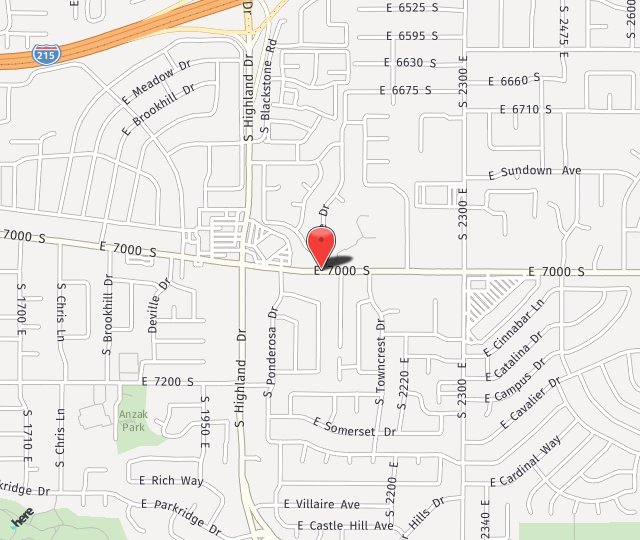The hormone DHT, or Dihydrotestosterone, is the cause of hair loss in genetically susceptible men. Finasteride acts as a DHT blocker, stopping the formation of Dihydrotestosterone almost immediately. The typical result is a decrease in the level of hair shedding and can be seen in as little as three months. Men who forgo this hair loss treatment will continue to experience hair loss.
Finasteride is the only FDA-approved hair loss pill that is used in the treatment of male pattern hair loss. Available by prescription through a physician, it is specifically designed for men. When appropriate for the hair loss patient, our doctors recommend Finasteride to stop further hair loss.
Finasteride is perfectly partnered with a hair transplant procedure because it acts as a DHT blocker and successfully slows future hair loss. Hair loss will be stabilized by controlling DHT, giving you control over your own hair restoration plan. Regardless of whether you decide to have hair transplant surgery, Finasteride should be considered because it is proven to successfully slow further hair loss.
In view of the recent media attention to some of the adverse affects of Finasteride, the physicians of the ISHRS have released a statement. Go to this link for another statement by the International Society of Hair Restoration Surgery (ISHRS) on adverse effects of Finasteride.
Minoxidil, both oral and topical forms are options, as well as spironolactone, which are all prescription medications.







